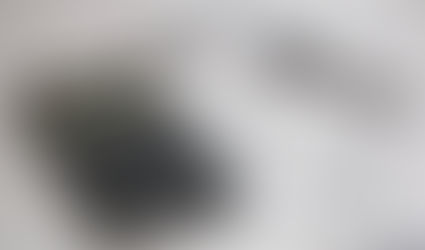Updates to Class 19.1 and 19.2 Approved Arrangements Incorporating Khapra Beetle Phase 6A Measures
- Jun 9, 2021
- 1 min read

On the 7th June 2021, the Department of Agriculture, Water and Environment issued an updated Industry Advice Notice 118-2021 regarding the measures to be taken on sea containers to protect Australia against Khapra Beetle.
As outlined in the advice, from the 12th of July 2021 all sea containers that are packed in a Khapra Beetle target risk country and destined to be unpacked in a rural grain growing area of Australia will need to comply with mandatory offshore treatment requirements. This affects importing under:
Class 19.1: Non-commodity for Containerised Cargo Clearance (NCCC)
Class 19.2: Automatic entry processing for commodities (AEPCOMM) approved arrangement
The Khapra Beetle is a serious agricultural pest that poses great threat to the grains industry. They are second on Australia's most unwanted bugs list and they pose many health risks, including stomach problems, breathing issues and skin irritation. An outbreak could cost approximately $15.5 billion over 20 years. Countries that are affected by the Khapra Beetle and are a Khapra Beetle target risk country include:
Afghanistan
Albania
Algeria
Bangladesh
Benin
Burkina Faso
Côte d’Ivoire (Ivory Coast)
Cyprus
Egypt
Ghana
Greece
India
Iran, Islamic Republic of
Iraq
Israel
Kuwait
Lebanon
Libya
Mali
Mauritania
Morocco
Myanmar
Nepal
Niger
Nigeria
Oman
Pakistan
Qatar
Saudi Arabia
Senegal
Somalia
South Sudan
Sri Lanka
Sudan
Syrian Arab Republic
Timor-Leste
Tunisia
Turkey
United Arab Emirates
Yemen
Due to the hitchhiking nature of the Khapra Beetle and its' ability to stay alive in a container for up to seven years, changing the management of sea containers is now an immediate priority. As such, approved mandatory offshore treatments (including heat treatment, methyl bromide fumigation and insecticide) are being implemented to contain this threat. More details are available here.
As always, Image International is here to assist you and if you would like to discuss this notice in further detail please feel free to contact us at any time.







Comments